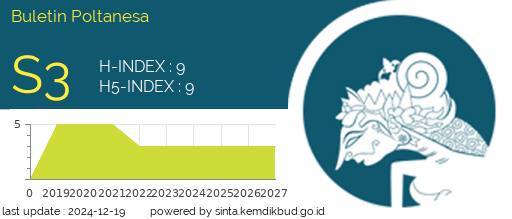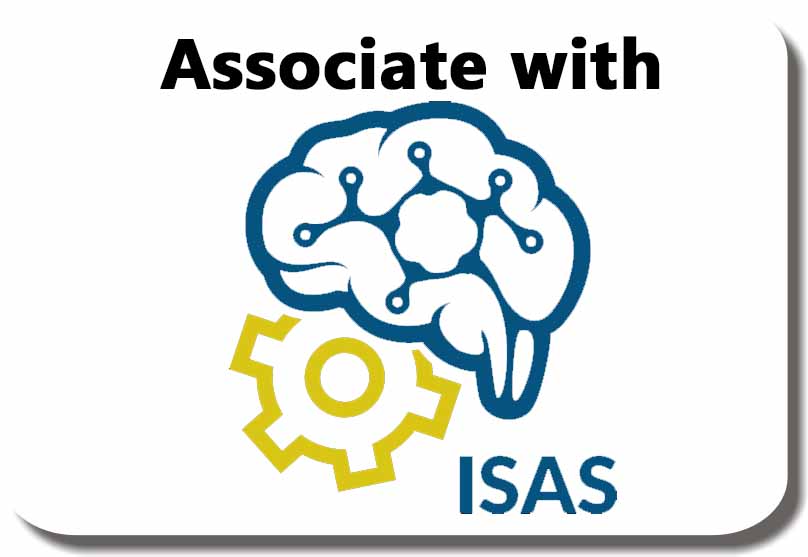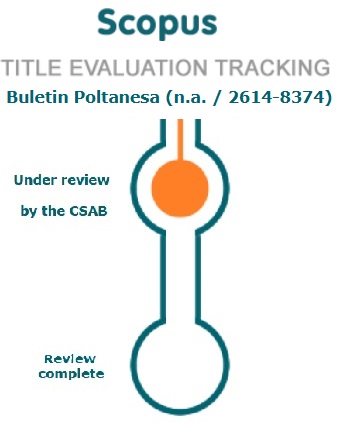Belajar Bahasa Inggris Berdasarkan “Inquiry Project” Bagi Mahasiswa Vokasi di Politeknik Pertanian Negeri Samarinda
DOI:
https://doi.org/10.51967/tanesa.v22i1.475Keywords:
learning English, inquiry project, vocational studentsAbstract
Penelitian ini bertujuan untuk menggambarkan dan memaknai inquiry project dalam proses perkuliahan pada program studi diploma tiga dan empat Politeknik Pertanian Negeri Samarinda yang bersifat inquiry. Jenis penelitian ini adalah penelitian kualitatif fenomenologi. Informan dalam penelitian ini adalah dosen mata kuliah Bahasa Inggris, staf administrasi pada program studi, pustakawan, mahasiswa. Semua informan tersebut merupakan sumber data primer yang berkenaan dengan proses kegiatan perkuliahan yang inquiry project. Data dikumpulkan dengan mengunakan pengamatan nonpartisipan, wawancara mendalam, dan dokumentasi. Penelitian ini menggunakan dua model analisis yaitu analisis saat mempertajam keabsahan data dan analisis melalui interpretasi data secara keseluruhan. Dalam hal ini ada empat tahap penting yang sangat berkaitan, yaitu: pengumpulan data, reduksi data, penyajian data dan penarikan kesimpulan atau verifikasi. Hasil penelitian menunjukkan bahwa proses pembelajaran yang bersifat inquiry project dapat ditemukan pada : demokratisasi di dalam proses perkuliahan praktek, kebebasan mahasiswa dalam mengembangkan potensinya, dan memelihara hubungan (care ralation) antara dosen dengan mahasiswa.
References
Dewey, J. (1996). Democracy and education. Clark, Designing and Implementing an Integrated Curriculum. New York: Todnam’s Sons.
Drost, J. (1996). Universitas pusat belajar bernalar. Dalam Kadjat Hartono, Harry Tjan Silalahi, Hadi Soesastro (penyunting), Nalar dan Naluri: 70 Tahun Daoed Joesoef. Jakarta.
Krishnamurti, J. (1964). Think on these thing. New York: Harper & Row.
Mansour, Fakih. et al. (2001). Pendidikan popular membangun kesadaran kritis. Yogyakarta: Insist.
Miller, J.P. (1976). Humanizing the classroom. New York: Praeger Publishers.
Miller, R. (1993). Philoshophical foundations. In holistic education principles. Perspectives
Miles, M.B., Huberman, A.M. (1984). Qualitative data analysis. Beverly Hills London New Delhi: Sage Publication.
Montessori, M.M. (1976). Education for human development: Understanding Montessori. New York: Schocken Books.
Mulkhan , A.M. (1993). Paradigma intelektual muslim. Pengantar Filsafat Pendidikan dan Dakwah. Yogyakarta: Sipress.
Nasution, S. (2003). Azas-azas kurikulum. Jakarta: Bumi Aksara.
Neill, A. S., & Albert Lamb. (1993). Summerhill school: A new view of childhood. New York.St: Martin’s Press.
Noddings, N. (1984). Caring, a feminine approach to ethics and moral education. Berkeley, CA: University of California Press.
Palmer, J.A. (editor). (2003). 50 pemikir pendidikan. Dari Piaget sampai masa sekarang. (terjemahan : Farid Assifa). Yogyakarta: Penerbit Jendela.
Rousseau, J.J. (1979). Emile or on education. Translated by Allan Bloom. New York: Basic Books.Inc. Publishers.
Rudge, L. (2011), Holistic education : Varian model of education. Columbus, OHIO: College of Education and Human Ecology.
Steiner, R. (1970). The science of spirit, education and practical life." In education as an Art, edited by P. M. Allen, 50-83. Blauvelt, NY. Rudolf Steiner Publications.
Zamroni. (1992). Pengantar pengembangan teori social. Yogyakarta: Tiara Wacana.
Zuchdi, D. (2009). Humanisasi pendidikan. Jakarta. PT. Bumi Aksara.
Downloads
Published
How to Cite
Issue
Section
License
The copyright of this article is transferred to Buletin Poltanesa and Politeknik Pertanian Negeri Samarinda, when the article is accepted for publication. the authors transfer all and all rights into and to paper including but not limited to all copyrights in the Buletin Poltanesa. The author represents and warrants that the original is the original and that he/she is the author of this paper unless the material is clearly identified as the original source, with notification of the permission of the copyright owner if necessary.
A Copyright permission is obtained for material published elsewhere and who require permission for this reproduction. Furthermore, I / We hereby transfer the unlimited publication rights of the above paper to Poltanesa. Copyright transfer includes exclusive rights to reproduce and distribute articles, including reprints, translations, photographic reproductions, microforms, electronic forms (offline, online), or other similar reproductions.
The author's mark is appropriate for and accepts responsibility for releasing this material on behalf of any and all coauthor. This Agreement shall be signed by at least one author who has obtained the consent of the co-author (s) if applicable. After the submission of this agreement is signed by the author concerned, the amendment of the author or in the order of the author listed shall not be accepted.









